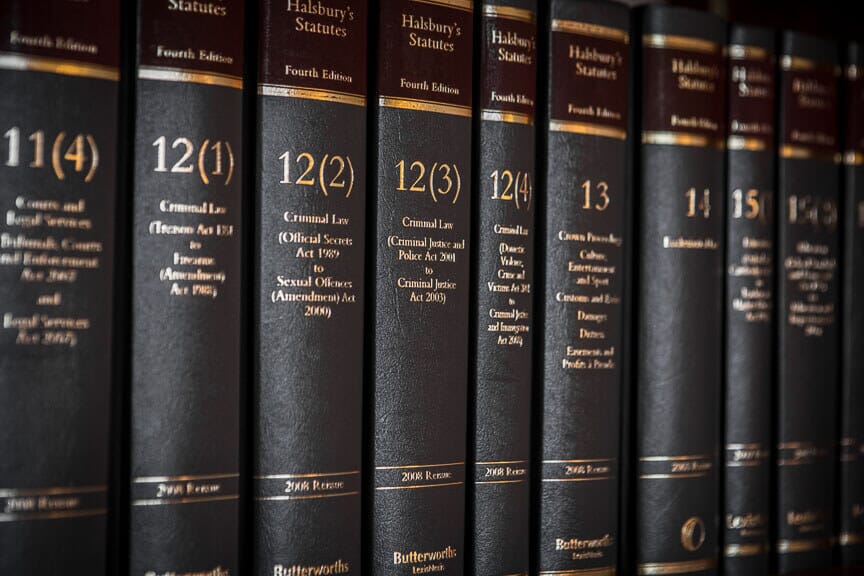
High Court decides on business tenancy renewal rent in relation to a lease with unusual provisions
In 2001, the London Borough of Newham (“Newham”) let a property to Flanders Road Community Association Limited (“FCC”) to use as a community centre. The lease was granted for a term of 7 years expiring in March 2008, at an annual rent of £1 (if demanded), along with payment to Newham in respect of insurance for the property. The lease differed from a typical commercial lease in that it contained a number of provisions that related to the property’s use as a community centre. Some of the terms were particularly onerous in nature and effectively allowed Newham to control how the premises were run.
After the expiry of the lease the parties entered into negotiations for renewal which led to FCC issuing proceedings seeking the grant of a new tenancy. One of the issues in dispute was the amount of rent which should be payable under the new tenancy. Newham wanted a commercial rent for the premises which it valued at £23,000 per annum. FCC proposed an annual rent of £1 as they had been paying under the original lease.
Each party appointed experts on rental values, however there was real difficulty in finding suitable comparables for the property in view of its nature and the terms of the original lease. FCC’s expert reported that the property had no market value and suggested an annual rent of £1 whereas Newham’s expert suggested an annual rent of £16,000. In July 2015, the County Court ordered the grant of the new lease at an annual rent of £1 as proposed by FCC due to the inadequacy of the expert evidence on both sides. Since there was no satisfactory evidence on the current market rental value, the court could not make a finding on this issue and therefore the rent under the new lease should remain unchanged.
The High Court, considering Newham’s appeal against the decision of the County Court, dismissed the appeal and made it clear that it should not interfere with the original trial court’s findings of fact unless compelled to do so. The High Court’s view was that the County Court had been entitled to conclude that it had no reliable evidence on the current market rental value for the property and therefore it was entitled to place weight on the passing rent when reaching a decision on the rent payable under the new lease. It was not for an appellate court to re-weigh the evidence and make a new decision on the facts.
The decision highlights the importance of parties making all of their points at the hearing and arguing them fully. As the High Court pointed out in this case, the original trial is not a “dress rehearsal” for an appeal. In lease renewal proceedings that get to trial, parties need to produce suitable expert evidence which should give the court as much help as possible in evaluating the value of specific factors if direct comparables are unavailable.
Maitland Walker LLP regularly deals with agreed and disputed lease renewals for both landlords and tenants and has a nationally recognised Commercial Property department headed by Ben Slade. For further information or advice on lease renewals or Commercial Property, please contact Ben Slade. For information on Litigation and Dispute Resolution, please contact Julian Maitland-Walker or Sheree-Ann Virgin.
